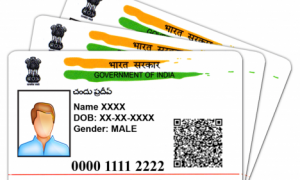The Supreme Court on Friday upheld the 2016 Allahabad High Court judgment that commuters using the Delhi-Noida Direct (DND) flyover will not have to pay toll to cross the bridge. The ruling dismissed an appeal filed by the Noida Toll Bridge Company Ltd (NTBCL), which was previously operating the flyway.
A Bench led by Justice Surya Kant observed that NOIDA (New Okhla Industrial Development Authority) had overstepped its authority by delegating the power to levy and collect toll fees to NTBCL. The court noted that this action was alien to the terms of the concession agreement.
Also Read : PMAY-U 2.0: Who can apply for affordable homes under Pradhan Mantri Awas Yojana
CAG Report Highlights Financial Mismanagement
The Bench cited a Comptroller and Auditor General (CAG) report, which exposed the growing costs of unfinished project expenditures. The court remarked, “This has resulted in an undue burden on users and is violative of Article 14 of the Constitution.”
Agreement Perpetually Benefiting NTBCL
The Supreme Court pointed out that the language of the concession agreement allowed it to remain perpetually in effect, enriching NTBCL at the expense of NOIDA and the public. The Bench stated, “The general public has parted with several hundreds of crores and been defrauded by NTBCL. There is no reason for the collection of user or toll fees to continue.”
Also Read : Delhi to Dehradun by new expressway to reduce drive time to 2 hours: Check route map, toll rates and more
Article 14 Declared Invalid
Declaring Article 14 of the concession agreement invalid, the court held that the toll fee collection violated the principles of equality and fairness under the Constitution. The judgment reinforced that the flyway should remain toll-free for all commuters.
The decision is seen as a significant victory for the general public, ensuring that no additional financial burden is imposed on commuters for using the DND flyway. This landmark judgment sets a precedent against perpetual agreements that unfairly benefit private entities at the cost of public welfare.





































